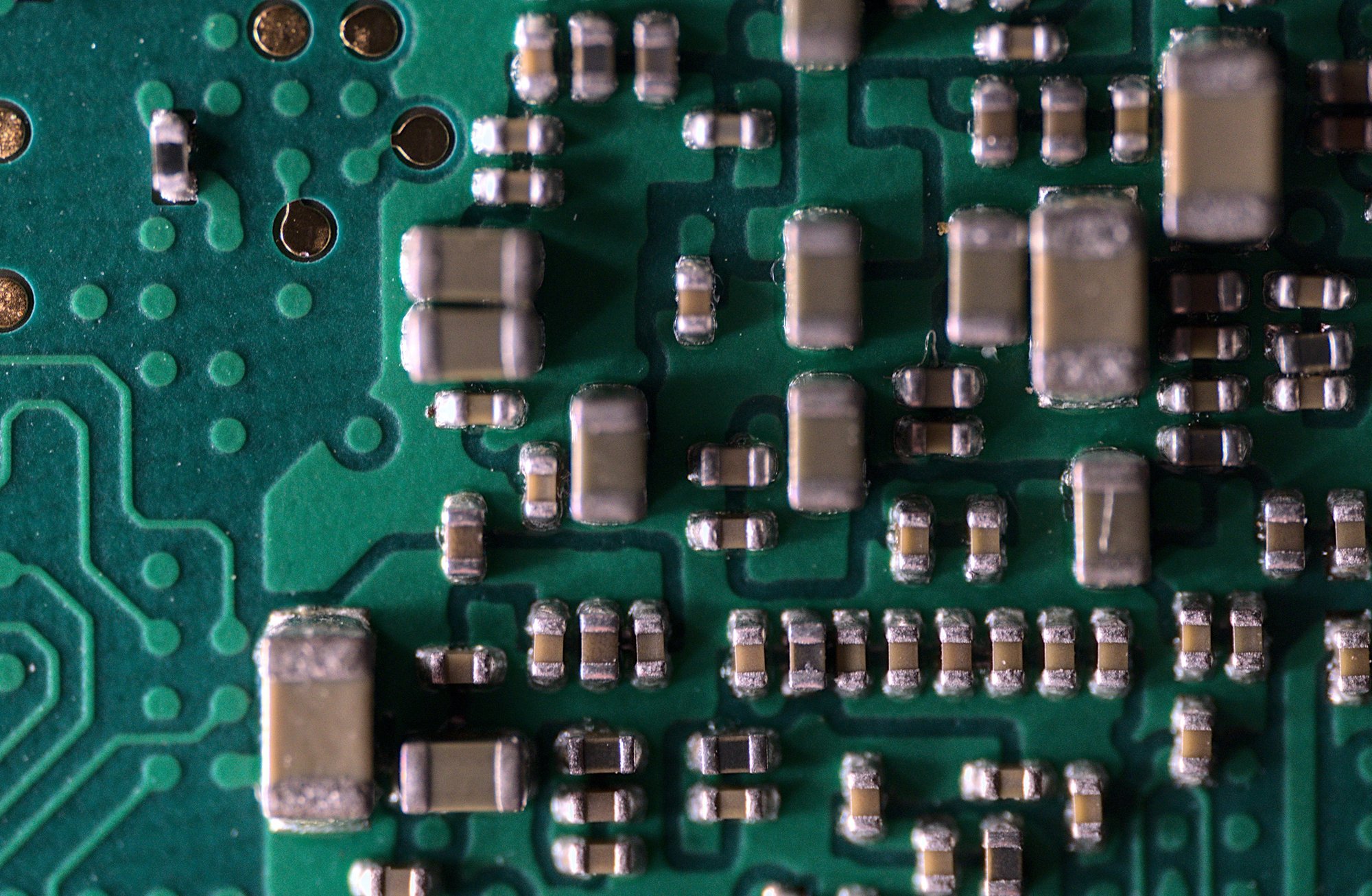A long long time ago on a server far away there was a website called Board-DB. This website made in 2014 was a list of single board computers that became popular after the whole Raspberry Pi thing happened.

The website itself was pretty simple, just a list of devices and a simple search box with a few filters. The magic was in the well maintained dataset behind it though. After some time this website seemed to have gone away and I had not thought about it for quite a bit until I happened to learn that the owner of https://tuxphones.com/ originally ran the Board-DB website.
Rewriting
So a plan formed together with the old owner of the website. A good board search website is still after all these years a gap in the market. There's some websites that have these features but I keep running into missing filters. One of the things that annoy me the most about webshops and comparison sites is a lack of good filters and then including the most useless ones like a what color the product is.
To redesign this I wanted to go to the other extreme. If you compare two boards and there's not a single different listed spec, then something is missing. The schema for the rewritten database has 165 columns now and I still found some things that are missing in this dataset like detailed PCI-e data.

This new website was written in a timespan of 10 months in some spare time together with Raffaele. At the time of writing it contains data about 466 boards. Not all data is perfect yet since this is a huge research and cleanup job but the website is certainly useful already. As the data in the backend gets more cleaned up more filters in the board list can be added to drill down on the specs you need.
Architecture
The website is a Python Flask webapplication that uses SQLite as storage backend. SQLite is perfect in this case since it's mostly a read-heavy website. The website is designed from the start to run behind a caching reverse proxy like Varnish and makes sure that all the URLs in the site generate the exact same content unless boards are changed.
The site is also designed to work without having javascript enabled but does use javascript to improve the experience. It even works in text-mode browsers. Due to it not using any javascript or css frameworks the website is also very light.
The dataset
At the start of the project I thought implementing the facetted search would be a large technical problem to solve but it that turned out to be relatively easy. By far hardest part of this system is adding and cleaning up the data. The original dataset is imported from a huge spreadsheet that with a bunch of heuristics gets converted into more specific data columns in the SQLite database that runs the website. The original dataset did not separate out specific details like which cores a SoC has and how many and what speed the ethernet ports were.
Parts of this data was recoverable by searching for keywords in the original description fields in the spreadsheet and other data is manually fixed up with some bulk editing tools.

This all ends up getting rendered nicely again on the board detail page

I'm quite happy with how the web frontend turned out. It has a decently detailed filter list, an usable spec listing page and a board comparison feature. Getting the project this far would've been impossible without the help of Raffaele.
The website is now online on https://hackerboards.com/

